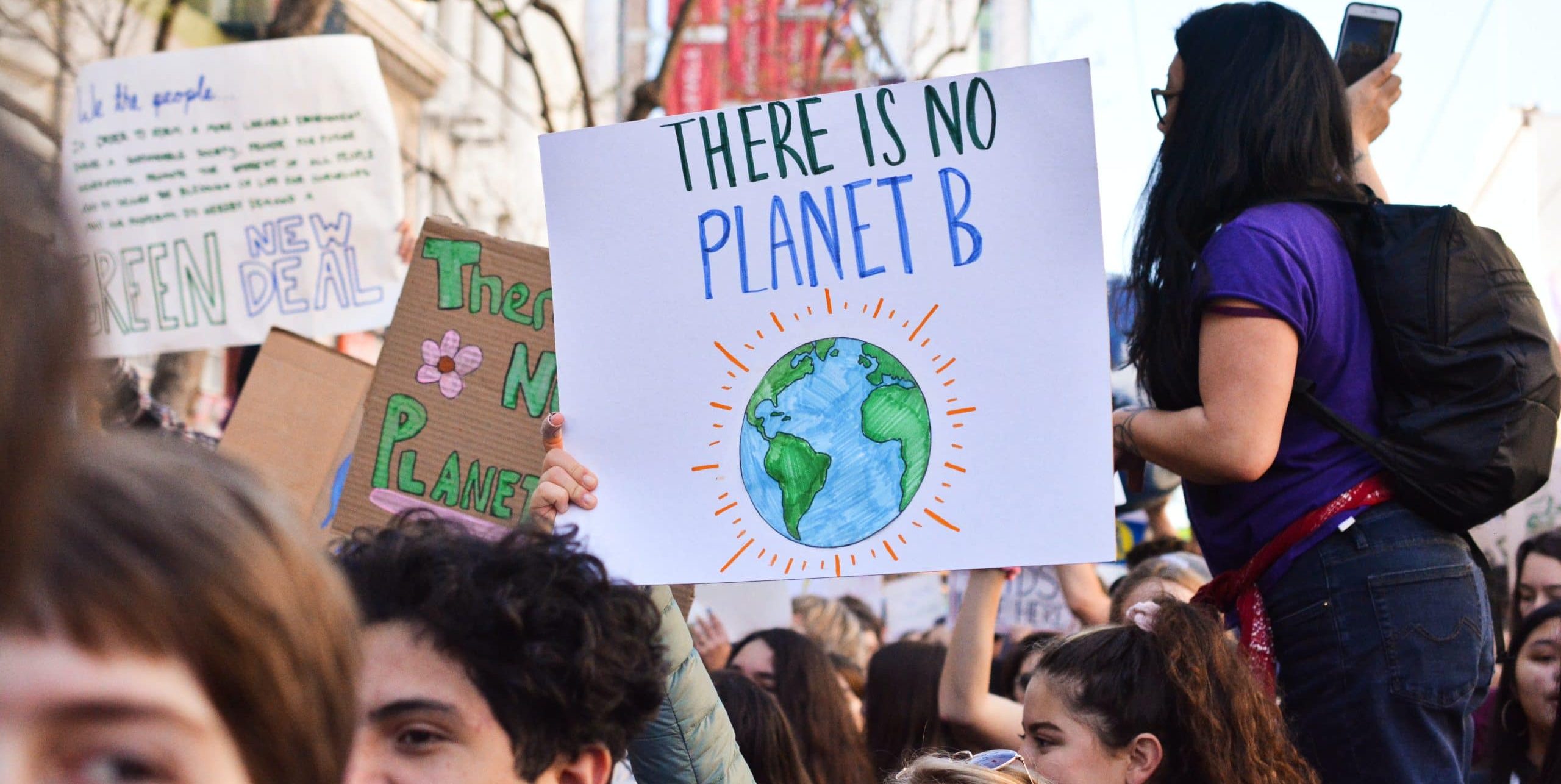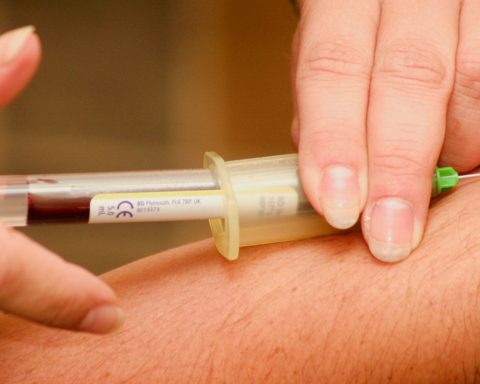Margaret Jackson, GP, GP Trainer and active Medact member
Lesley Morrison, retired GP, medical educator and active Medact member
It is generally understood within the health community that the climate crisis is a health crisis, and that GPs and other health professionals are central to tackling it. Whether it be extreme weather events, disrupted food systems, altered disease distribution, air pollution, or rising sea levels, people’s health and health systems, especially in the Global South, are already being impacted. And we, as GPs, must talk about it.
…people’s health and health systems, especially in the Global South, are already being impacted. And we, as GPs, must talk about it.
Leading up to the UN Climate Change Conference in Glasgow (COP26) more than 450 organisations representing over 45 million health workers, and more than 3,400 individuals from 102 different countries, wrote an open letter (under the banner #HealthyClimatePrescription) calling on governments: “.. to avert the impending health catastrophe by limiting global warming to 1.5°C, and to make human health and equity central to all climate change mitigation and adaptation actions”.1 At the conference 50 countries committed to climate-resilient and low-carbon health systems.2 UK Minister, Gillian Keegan, spoke of climate change as “a global health emergency” in terms of “the air we breathe, the water we drink and how safe and secure we feel in our communities.”
But COP26 did not achieve commitments sufficient to limit global heating to 1.5oC, a level widely agreed to be vital in avoiding a cascade of disastrous effects. Some progress was made, but, as in previous COPs, ambition was lacking. The #HealthyClimatePrescription specifically called for the cessation of fossil fuel subsidies. This did not happen. OECD figures show that the UK continues to subsidise fossil fuels to the tune of £10 billion annually3.
#HealthyClimatePrescription also supported the Loss and Damage Fund. Global South countries are calling for this to help them achieve necessary mitigation and adaptation measures in recognition of the disproportionate impact that the climate crisis is having on these countries who have contributed least to its causes. But this also was not agreed.
So how can we as individual GPs make any sort of a difference when the world’s governments are not doing nearly enough?
As GP members of Medact, we were observers at COP26 and got a real sense of the monumental task involved in the leaders of 197 countries coming together to reach an agreement. Many of us in primary care are overwhelmed with workload and feel powerless in the face of such vast challenges. But when the people appear passive there is no incentive for politicians to act with the necessary seriousness and urgency. The climate crisis will never be adequately addressed by us all relinquishing our 4x4s, flying less, and eating less meat; though these actions are important and are the most impactful individual changes that we can take. More important is that we talk about this issue- at home, at work, in the pub, through letters to the press and meetings with our MPs- as if it mattered.
Should we be talking about this in consultations too? We think that we should; for example, in discussions about inhalers.
Should we be talking about this in consultations too? We think that we should; for example, in discussions about inhalers.
Doctors and nurses are the most trusted professionals in Britain.4 In this sense we have a voice. The climate crisis is the greatest public health threat that we face; and addressing it offers huge health benefits both globally and to individuals. Governments and large organisations must step up to the plate with the vision and ambition that is needed. Journals and organisations like the RCGP, other Royal Colleges, the BMJ, the Lancet, Medact and The UK Health Alliance on Climate Change have already committed to this work. By talking about and engaging with the climate crisis as a profession we can make a significant contribution.
The COP was trailed as the last chance to prevent catastrophic climate change, and it was, indeed an important landmark. But, rather than an endpoint, it served as a catalyst for action. We all have a part to play. Health professionals have a voice that is listened to, and we must use it. Urgently.
1. https://healthyclimateletter.net/ (accessed 12/2/22)
2. https://www.who.int/news/item/09-11-2021-countries-commit-to-develop-climate-smart-health-care-at-cop26-un-climate-conference (accessed 12/2/22)
3. https://stats.oecd.org/Index.aspx?DataSetCode=FFS_GBR (accessed 12/2/22)
4. https://www.ipsos.com/ipsos-mori/en-uk/ipsos-mori-veracity-index-2020-trust-in-professions (accessed 12/2/22)







Nada Khan is an Exeter-based NIHR Academic Clinical Fellow in general practice and GPST4/registrar, and an Associate Editor at the BJGP. She is on Twitter: @nadafkhan
Our house is on fire. I am here to say, our house is on fire.
Greta Thunberg, World Economic Forum 2019
Our house is still on fire. Your inaction is fuelling the flames by the hour.
Greta Thunberg, World Economic Forum 2020
It’s our ‘final warning’; the world is failing to limit the impacts of climate change. The third report from the Intergovernmental Panel on Climate Change (IPCC) paints a bleak picture on the state of the climate emergency; it’s a now or never situation. The IPCC states that it is ‘likely’ that global heating will increase above 1.5° Celsius compared to pre-industrial levels; and this is the point at which the effects of climate changes become irreversible.1 However, there is some cause for hope. The same report suggests that both drastic efforts to reduce greenhouse gas emission and technology advances to remove carbon dioxide from the atmosphere could make any temperatures increases temporary. What can we do in primary care?
I’m not going to try and reinvent the wheel here; BJGP Life and the BJGP include articles from GPs and primary care academics who have written extensively about the climate emergency and how primary care can act to maximize sustainability. But if you, like me, are reading the IPCC report and feeling increasingly worried about the climate emergency and what we can do to make sustainable changes within a time sensitive crisis, I’ve tried to bring together recent articles on this topic for guidance. Unless anyone has any bright ideas on how GPs can start capturing carbon dioxide, the focus for primary care must be on reducing greenhouse gas emissions. Terry Kemple, the RCGP Representative for Sustainability, Climate and Green Issues, wrote alongside colleagues in the BJGP about the climate emergency and tried to provide practical answers to the question of ‘what should we do?’.2 In their article, the team reference the RCGPs Green Impact for Health toolkit, which lists over 100 actions that practices can take to make changes to their carbon footprint and save money.3 Kemple et al acknowledge that there are barriers to implementing change, such as the extra work of setting out a green policy, being a lone enthusiast in a practice but finding it difficult to achieve goals, and dealing with the realities of actually achieving a lower carbon footprint. The actions to overcome these barriers need time and resource, but the ‘first imperative is for everyone who cares to turn up and start’ doing something.
Identifying waste and reducing carbon emissions is a complex task, but there are tools to help practices navigate this area. Matt Sawyer, a Yorkshire GP who runs a sustainability consultancy, has developed a ‘Carbon Calculator’ to help GPs and practice to measure their carbon footprint and what they can do to reduce it.4 The GP Carbon Calculator is available at https://www.gpcarbon.org/#/. Part of acknowledging what is happening is talking about it. At a patient level, Margaret Jackson and Lesley Morrison, who were observers at COP26, encourage us to talk about the climate emergency openly with patients, for example, when discussing inhaler prescribing.5 What are the potential impacts, however, on discussing climate change in the context of healthcare usage upon the therapeutic relationship? Not everyone is ready to talk about the climate emergency, and whilst some patients might be motivated to make changes to help the environment, other patients may sense a conflict of interest (for example, wondering if their GP worries more about the environment than about them) or feel guilty about their healthcare and medication use.6 So tread forward with these discussion, but perhaps tread carefully with patients you understand well.
The IPCC report implores us to act now. And if you’re looking to act, you’re not alone. The Greener Practice network (https://www.greenerpractice.co.uk/) supports connections between clinicians to share information and guidance through local groups, as well supporting a range of WhatsApp groups for discussions on different themes such as education, greener clinical care and organisation level changes. And because this is an evolving topic, BJGP Life has a regular column called Planetary Primary Care which aims to ‘bring essential updates for general practice around the climate emergency and sustainable healthcare’; keep an eye out for new posts. An impending climate crisis needs us to be well informed, well connected and ready for action. Our house is on fire, and the flames are getting closer to burning it all down.
References
Change IPoC. Climate Change 2022: Mitigation of Climate Change, 2022. https://www.ipcc.ch/report/ar6/wg3/downloads/report/IPCC_AR6_WGIII_FullReport.pdf
Kemple TSJNS, G.; Wilson, A.; Wynter Bee, J. Primary care and the climate and ecological emergency. British Journal of General Practice 2021;71(711)
Green Impact for Health 2022
Sawyer M. GP Carbon Calculator: making it easier to support the NHS’ net zero ambitions 2022 [Available from: https://bjgplife.com/gp-carbon-calculator-making-it-easier-to-support-the-nhs-net-zero-ambitions/.
Jackson MM, L. GPs must talk about climate breakdown: BJGP Life; 2022 [Available from: https://bjgplife.com/gps-must-talk-about-climate-breakdown/.
Harvey GT, M., Cussans, A.; Twohig, H.; Wilson, A. Talking to patients about the climate emergency: The BMJ Opinion, 2021.
Featured image by Markus Spiske on Unsplash